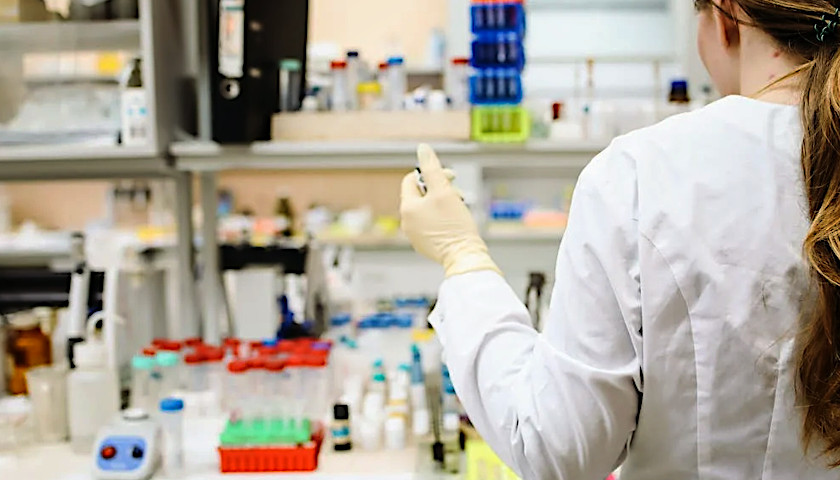A bill to ban the sale of lab-grown meat to consumers, even for consumption by animals, narrowly passed the Arizona State House on Thursday.
HB 2121 by Representative David Marshall (R-Snowflake) passed the Arizona House with 31 votes in favor and 28 votes against, with one lawmaker absent. If passed by the Arizona Senate and signed into law by Governor Katie Hobbs, the legislation would ban any “cell-cultured animal product” from being sold to Arizona consumers for “human or animal consumption.”
Any individual or group caught violating the prohibition would face a civil penalty of up to $25,000, and would be open to civil lawsuits from those who purchased the lab-grown meat, which could result in damages of up to $100,000 plus attorneys fees.
The legislation defines “cell-cultured animal product” as “any cultured animal tissue that is produced from in vitro animal cell cultures outside of the organism from which it is derived,” which is the process by which most lab-grown meat is created.
Explaining the need for the law, the bill explains the need for the Arizona Legislature to regulate lab-grown meat “to protect public health,” and in a bid to protect Arizona’s “cattle ranching industry,” which the legislation would declare “integral to this state’s history, culture, values and economy.”
“The production and sale of lab-grown, cell-cultured animal product threatens to harm this state’s trust land beneficiaries and the highest and best use of state trust land,” the bill further concludes, “which includes the lease of state lands to ranchers for livestock grazing to fund public schools and other institutions.”
After passing the Arizona House, the bill will now go to the Senate for consideration, and will likely require Hobbs’ signature to become law.
Marshall’s effort to ban the sale of lab-grown meat comes roughly one year after a report indicated the creators of such products do not know the long-term safety implications of lab-grown meat, including whether there could be a connection between their products and cancer.
Despite the claim the companies may not know the health ramifications of their lab-grown meat, some of the companies behind the products worked in August 2023 to employ a coalition of lobbyists seeking additional government funding for the burgeoning artificial meat industry.
– – –
Tom Pappert is the lead reporter for The Tennessee Star, and also reports for The Georgia Star News, The Virginia Star, and the Arizona Sun Times. Follow Tom on X/Twitter. Email tips to [email protected].








